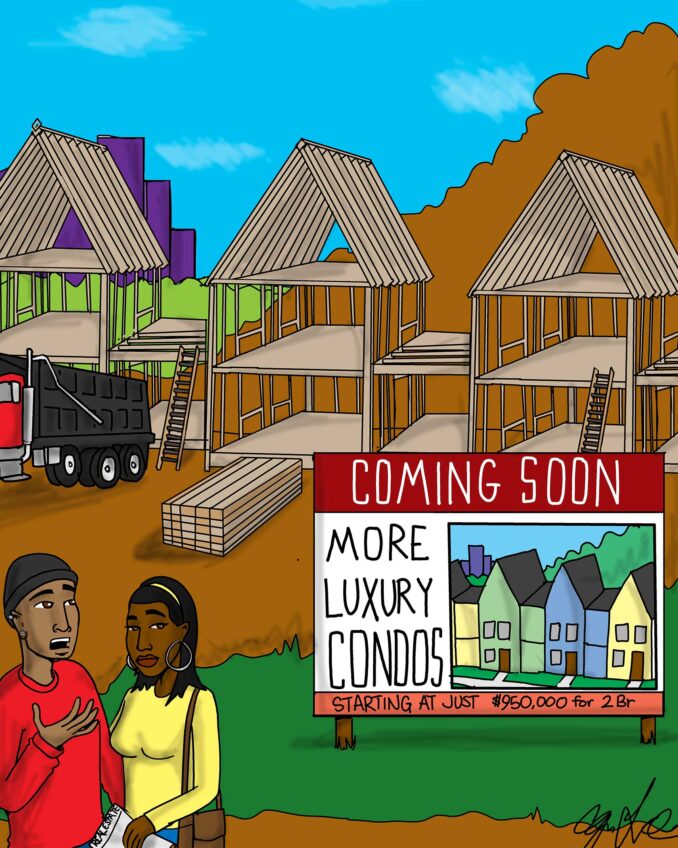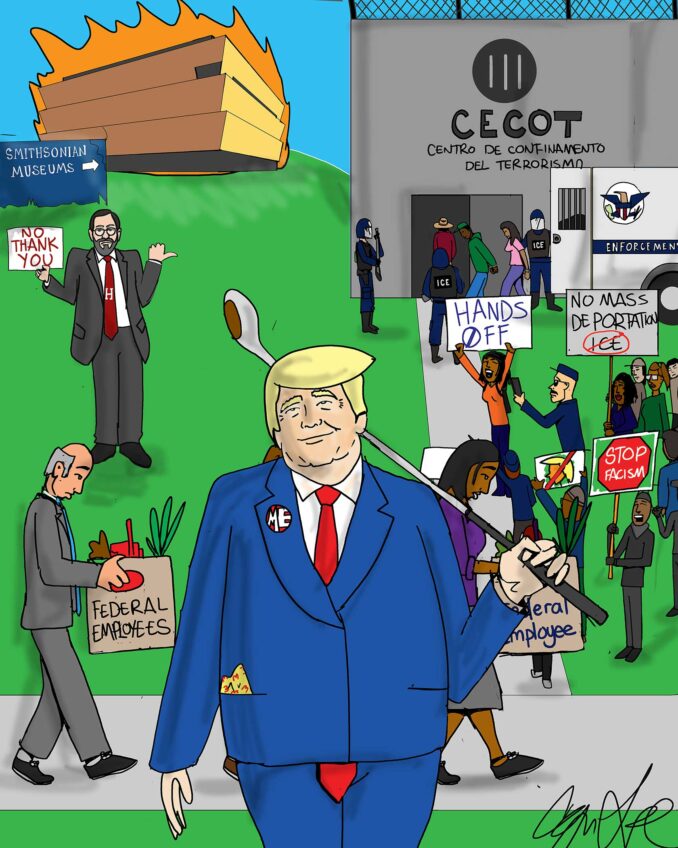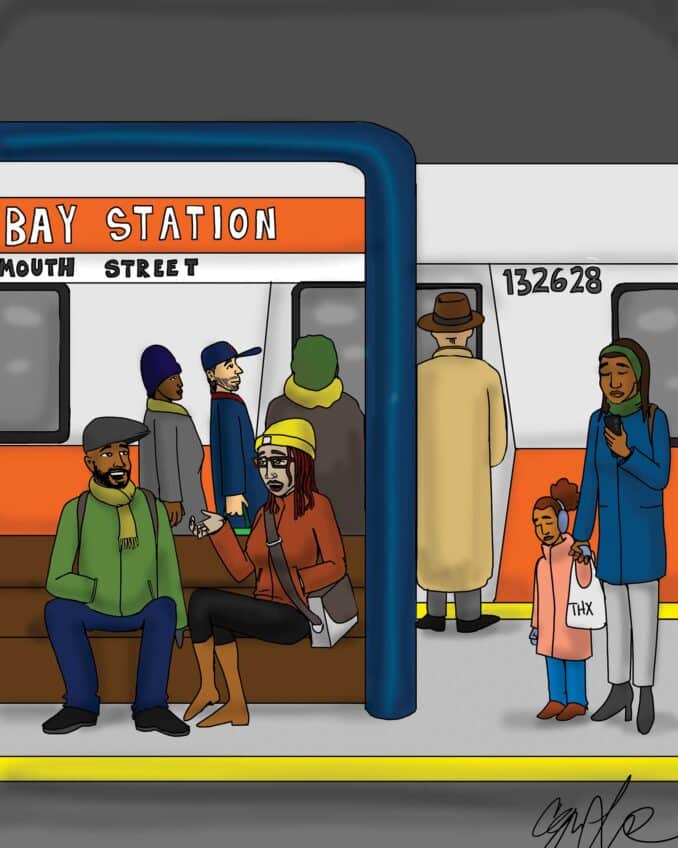
Over the past several years, Americans across the country have been considering whether to de-criminalize marijuana. Already about 17 states have done so, and another 18 permit the use of cannabis for medical reasons. Nonetheless, the federal law forbidding the use or possession of marijuana remains in force.
Despite the growing public acceptance of marijuana use, the arrests for blacks for possession have increased. According to a study by the American Civil Liberties Union, there is a substantial racial disparity in the arrests for marijuana possession across the country. In 2010, the arrest rate for possession by blacks was 714 per 100,000. The rate for whites was only 192 per 100,000.
On average, African Americans are 3.72 times more likely than whites to be arrested in the U.S. for possession of marijuana. That is the national average. The disparity is much greater in some states. In Iowa, for example, an African American was 8.34 times more likely than a white to be arrested for marijuana possession in 2010. The racial disparity was 8.05 in Washington, D.C., 7.81 in Minnesota and 7.56 in Illinois. In all, 21 states were higher than the national average.
According to the ACLU study, the incidence of marijuana use is comparable between blacks and whites. However, marijuana use for 18-to-25-years-old from 2001 to 2010 was a little higher for whites, 33.4 percent to 27.6 percent for blacks. Those are the years when there are the most arrests for possession.
The study results refute any assertion that there are more arrests of blacks because of their greater use of marijuana. Yet in every state, there is a greater likelihood of blacks being more subject than whites to arrest for possession. Consequently, a disproportionate number of blacks will face life with the impediment of a criminal record.
Taxpayers have to pay the substantial cost of enforcing the state laws against marijuana possession. According to the ACLU report, based on FBI data, the states paid in 2010 $1.75 billion for police, $1.37 billion for prosecution and $495.6 million for imprisonment. Not included is the cost of social services to provide for families that are disrupted because of the imprisonment of a parent.
There is now some concern as to whether marijuana is sufficiently addicting and dangerous to health to justify such sizeable expenditures for law enforcement. According to the National Institutes of Health: National Institute on Drug Abuse (NIDA), “long term marijuana use can lead to addiction.” This sounds more like the development of a bad habit than an addiction. According to the NIDA, an estimated only “9 percent of people who use marijuana will become dependent on it.” It sounds like cigarette smoking is more addictive.
Alcoholic drinks are part of the culture and are an acceptable element of the social agenda. Alcoholism is considered to be merely a chronic disease rather than an addiction. Nonetheless, its consequences may be more destructive to the health and intellectual competence of the alcoholic than marijuana is to the so-called marijuana addict.
The ACLU study concludes quite persuasively that the war on drugs “has needlessly ensnared hundreds of thousands of people in the criminal justice system, had a staggeringly disproportionate impact on African Americans, and comes at a tremendous human and financial cost.” The ACLU recommends, therefore, “that marijuana be legalized for persons 21 or older through a system of taxation, licensing and regulation.”
Justice requires that Americans support the ACLU conclusion.






